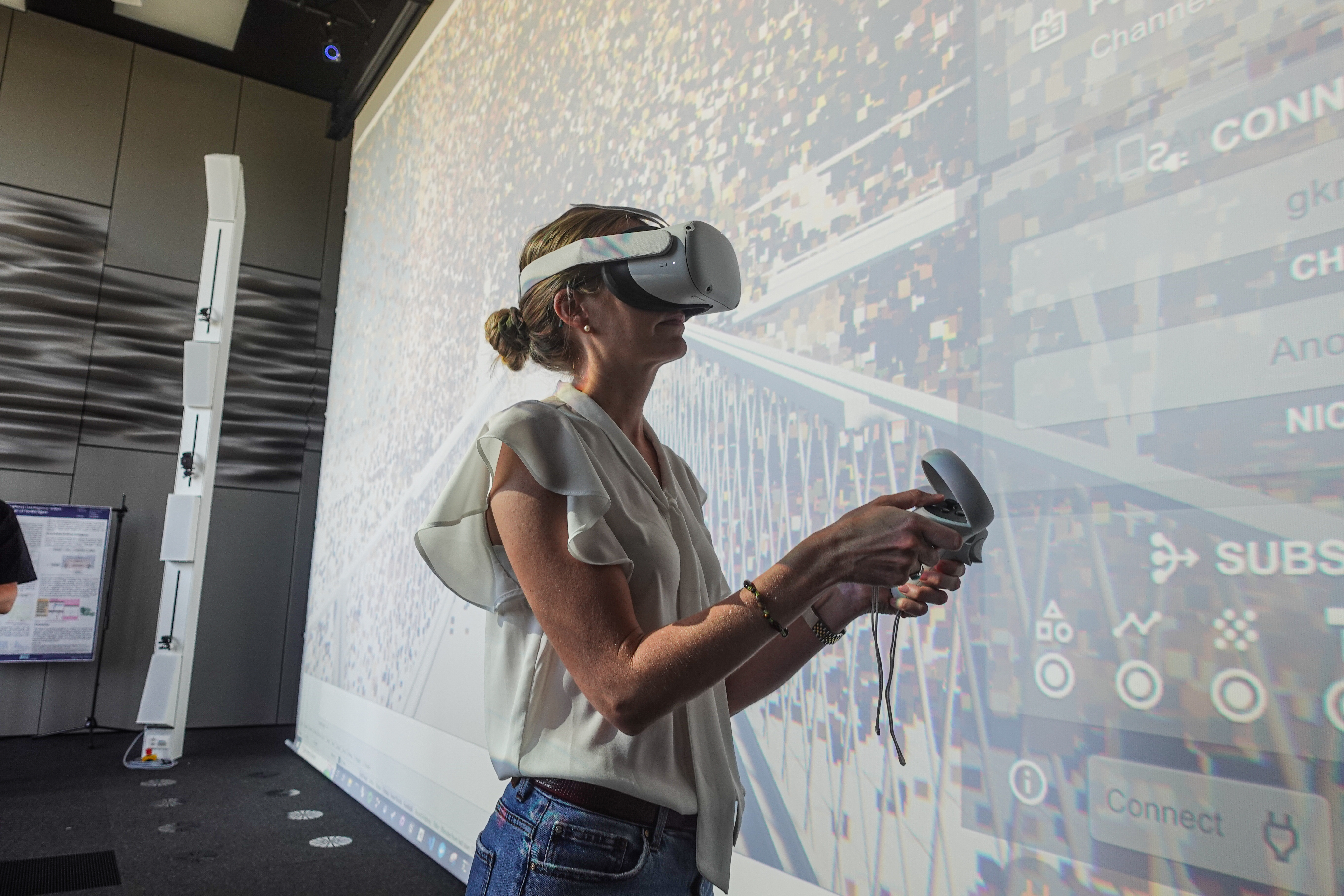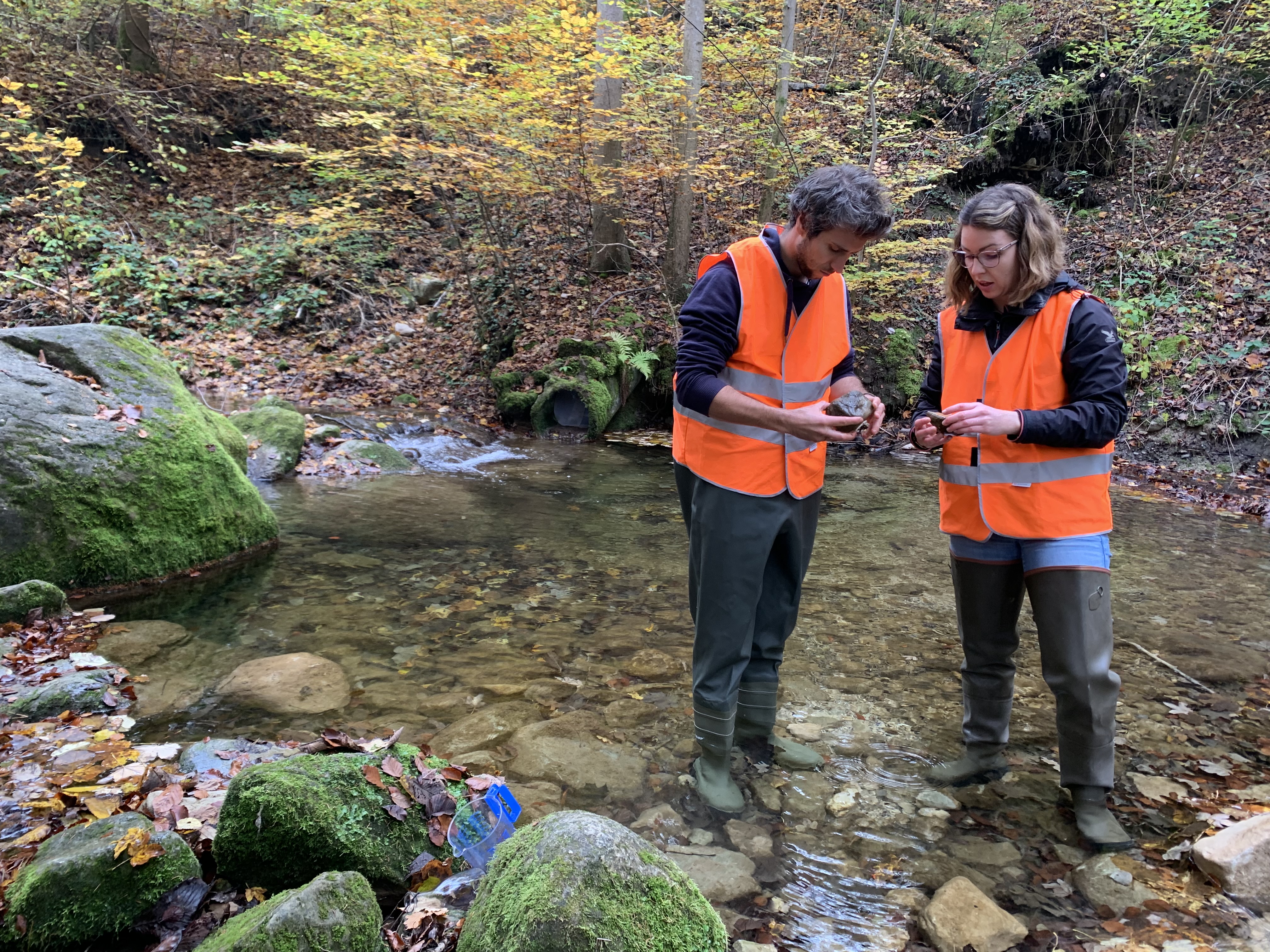Artificial intelligence for the optimal bridge: Basler & Hofmann is committed to research at ETH Zurich

A team from the Design++ research initiative at ETH Zurich has set itself the goal of optimizing the design of bridges through the use of artificial intelligence. Basler & Hofmann is supporting these efforts as a practice partner. In mid-July, Vera Balmer presented the initial findings of her Master's thesis. In it, she examines Basler & Hofmann's "Bridge over the Graben St. Gallen" project as a case study.
The "Bridge over the Graben" is a competition project won by Basler & Hofmann, DGJ Landscapes and Nau2 in October 2021. The new pedestrian link through St. Mangen Park in St. Gallen's old town is a straightforward but complex project in terms of design: among other things, the bridge was not allowed to touch any of the protected trees in the park.
Using algorithms to achieve the optimum design
In her presentation, Vera Balmer, a Master's student at ETH under Prof. Dr. Walter Kaufmann and Dr. Michael Kraus, showed how such complex framework conditions could be solved by artificial intelligence in the future. Using the St. Gallen case study, she showed how algorithms and the linking of various design and calculation programs should make it possible in future to generate and evaluate different design variants within a short space of time. As part of the presentation at ETH Zurich's Immersive Design Lab, the competition team was able to walk across the "bridge over the moat" with VR glasses and get an impression of how the future structure will fit into its surroundings. The team was impressed by the initial results. "AI will make the construction industry more efficient and sustainable, for example by allowing us to quickly examine the footprint of different materials," says Balz Bauer, Head of Bridges at Basler & Hofmann.
Practical transfer during internship and master's thesis
Basler & Hofmann attaches great importance to the exchange between science and planning practice. Vera Balmer came into contact with Basler & Hofmann during a six-month internship. "Interns are fully-fledged members of our team. They should have the opportunity to apply their knowledge to real projects for the first time. If we can also support the students in their Master's thesis afterwards, we are very happy to do so," explains Balz Bauer.
![[English] Buch Fachwissen Bau - Verkehrswegebau](/fileadmin/user_upload/basler-hofmann/Impulse/News/24-05-23_Buch_FachwissenBau.jpg)

![[English] BIM-Tool WireWise für die Elektroplanung](/fileadmin/user_upload/basler-hofmann/Impulse/News/24-01-17_Wirewise_Digitaltop10.jpg)